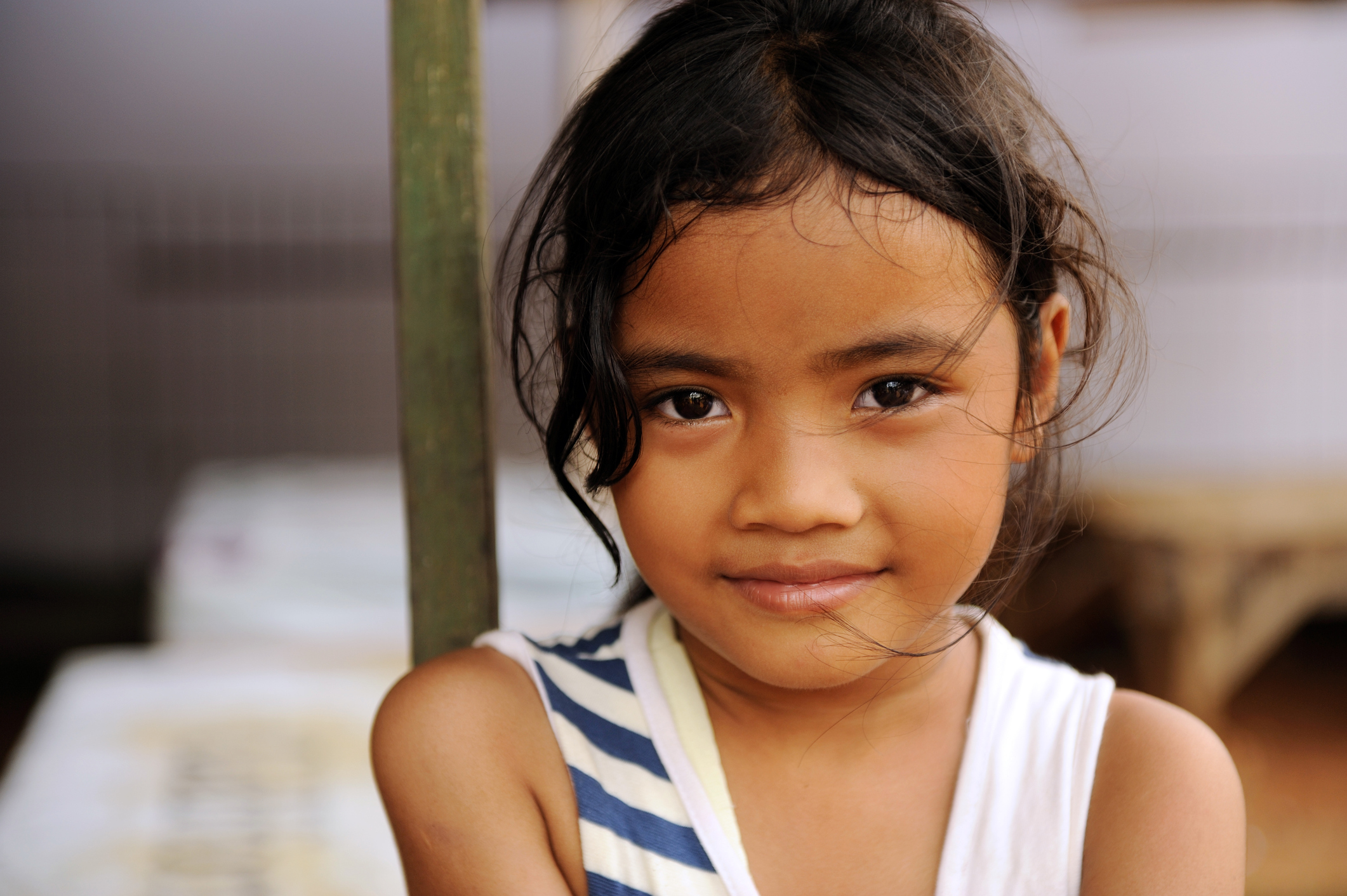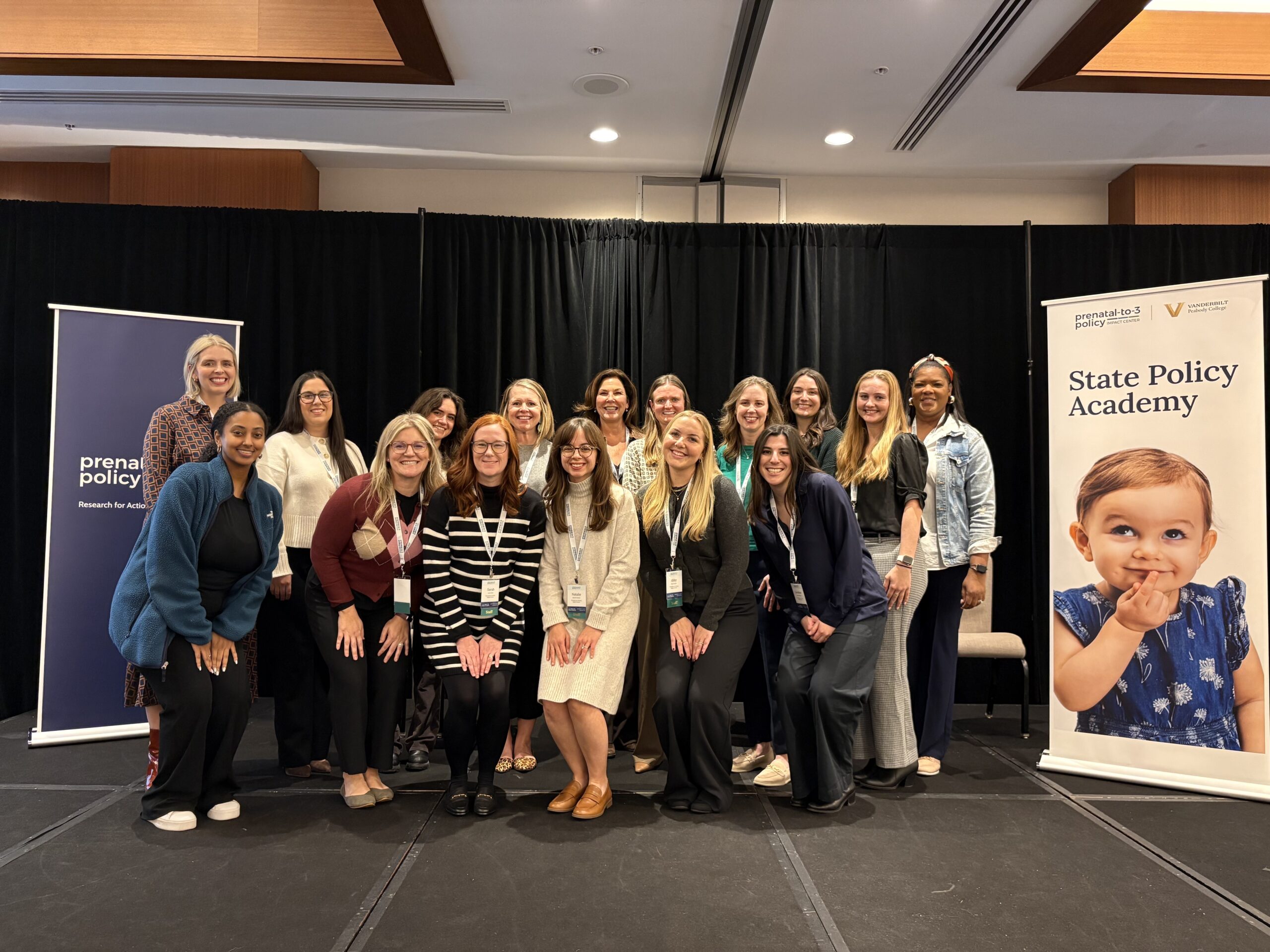State Services
The Prenatal-to-3 Policy Impact Center provides a variety of services to state lawmakers, agency officials, and advocates. We are experts on the latest research and the implementation of effective state polices, and we work closely with state leaders to help them achieve their goals for child and parent wellbeing.
Featured
Virginia’s investment yields substantial returns to children, families, and the state–including reduced poverty and child maltreatment, a lifetime of improved educational achievement, and hundreds of millions of dollars in state economic returns.
How We Support States
We conduct original research and rigorous evaluations of state policies and programs. Through mixed methods, we examine not only whether a policy is effective, but also for whom and under what conditions. We calculate the return on investments. Our findings help states strengthen supports for children and families.
Submit an information request today! We answer specific research questions tied to state and national prenatal-to-3 legislative activity and trends, rigorous research, and policy impacts. We craft responses within an equity framework and target our responses to a state’s needs.
Data-driven decisions help states support infants, toddlers, and their families. In our work for states, we use administrative data and collect our own data via surveys, perform data analysis and benefit-cost analyses, and advise in the creation of data dashboards.
We provide virtual and in-person presentations on a variety of topics related to legislative trends and rigorous research. We receive frequent requests for prenatal-to-3 policy overviews, as well as presentations on specific issue areas and individual states’ policy goals.
We help state leaders prioritize their policy agendas by providing evidence of what works to meet a state’s policy goals for children and families.
Our nonpartisan experts in public policy and the science of early childhood can provide testimony on the effectiveness of policies in pending legislation. We can speak to the rigorous evidence on such policies, translating complex findings into clear and simple messages.
The Latest
- News
- |













